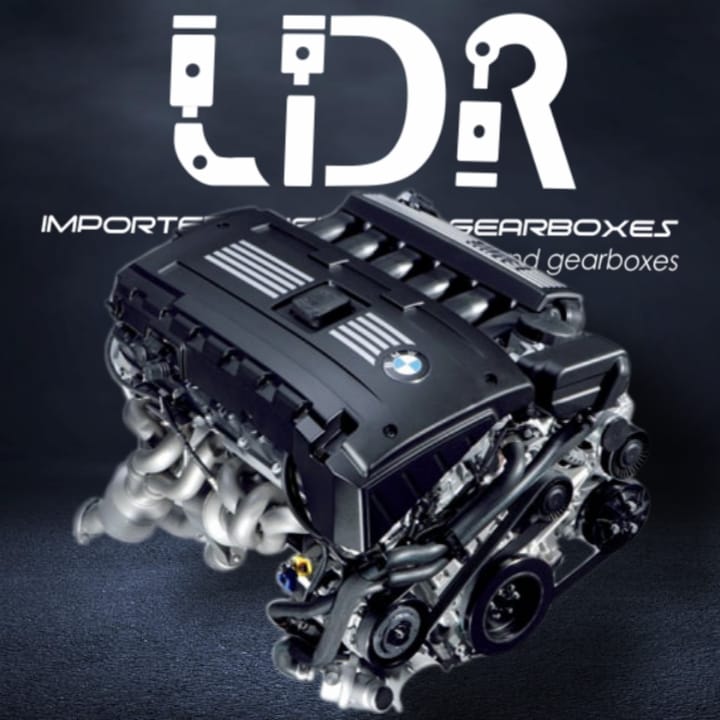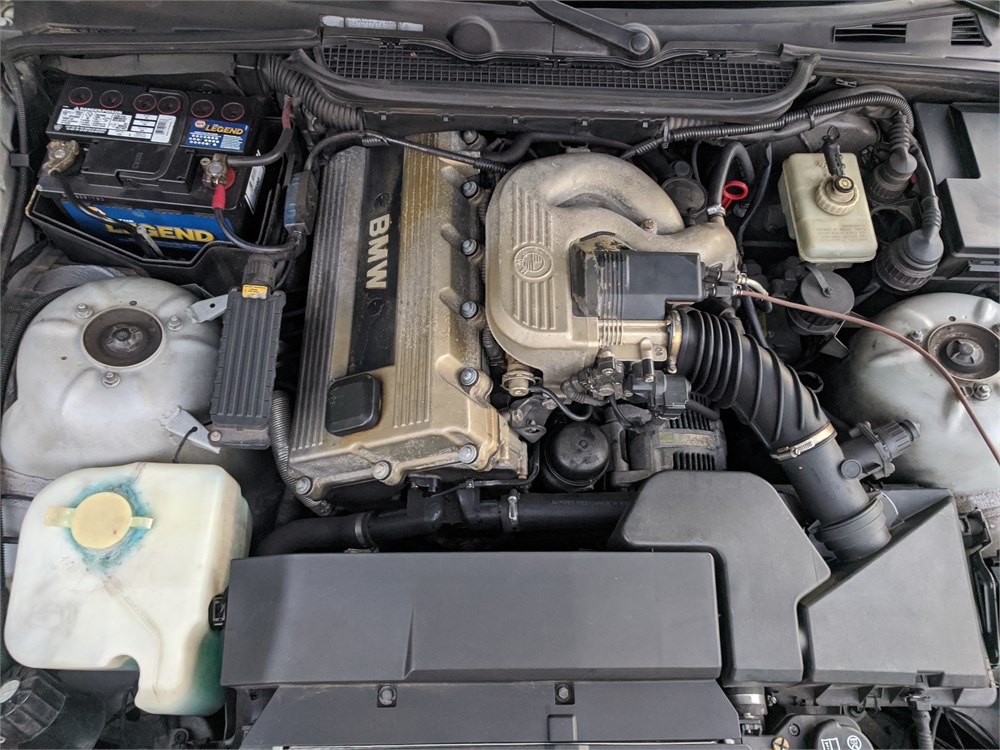BMW 318ti: Performance Specifications and Characteristics Explained
Wiki Article
Key Features to Seek When Buying an Engine for Automotive Applications
When taking into consideration the purchase of an engine for vehicle applications, a number of key functions call for cautious assessment to make certain optimum efficiency and performance. From power and efficiency capabilities to sustain adherence, efficiency, and resilience to exhausts criteria, each aspect plays an important duty in establishing the engine's suitability for certain automotive demands.Power and Efficiency
When choosing a vehicle engine, purchasers prioritize power and efficiency to ensure ideal driving experience and performance. The power result of an engine, commonly gauged in horsepower (HP) or kilowatts (kW), determines the velocity, leading rate, and general capabilities of an automobile. Greater power rankings usually lead to quicker velocity and better performance, specifically during surpassing or bring heavy loads. Efficiency, on the other hand, incorporates a more comprehensive range of characteristics, including gas effectiveness, emissions, integrity, and general driving characteristics. A well-performing engine not only provides power effectively yet additionally operates efficiently across different speed arrays and driving conditions.In addition, factors such as engine turbocharging, displacement, and crossbreed modern technologies play considerable roles in enhancing both power and efficiency levels. Inevitably, picking an engine that provides a potent combination of power and performance ensures a efficient and rewarding driving experience.
Fuel Performance
When assessing vehicle engine alternatives,Optimizing fuel effectiveness is a critical consideration for consumers. The performance of an engine directly affects operating costs and environmental impact. One essential element influencing fuel efficiency is the engine's style and innovation. Modern engines with attributes like straight gas shot, turbocharging, and variable valve timing can considerably improve fuel effectiveness by boosting combustion procedures and minimizing power loss. Furthermore, the total weight of the engine and automobile, along with the aerodynamics, play crucial functions in figuring out gas intake.

Longevity and Integrity
Attaining resilient efficiency and reputable operation is important for consumers evaluating the toughness and reliability of vehicle engines. When taking into consideration an engine for automobile applications, resilience refers to the engine's capability to withstand wear, tension, and rough operating problems over an extensive duration. Dependability, on the various other hand, implies that the engine can continually do its intended feature without unforeseen failures or failures.Consumers need to look for engines constructed with top quality materials and precise engineering to guarantee longevity. Parts such as crankshafts, pistons, and bearings must be durable to deal with the engine's power output without premature wear. In addition, engines furnished with sophisticated cooling systems, efficient lubrication, and robust purification systems often tend to display higher levels of integrity.
Routine upkeep and adherence to producer recommendations are also vital consider protecting an engine's longevity and integrity. By following maintenance routines, making use of advised fluids, and resolving any kind of problems without delay, customers can make the most of the life expectancy and performance of their vehicle engines. Eventually, focusing on durability and dependability in engine option can lead to an extra rewarding ownership experience with less unanticipated interruptions.
Discharges Compliance
Making certain compliance with emissions laws is a critical facet of assessing vehicle engines for environmentally conscious consumers. With increasing issues concerning air high quality and environmental impact, rigorous discharges requirements next page have actually been put in place worldwide to reduce dangerous contaminants released into the environment. When acquiring an engine for auto applications, it is necessary to consider its emissions conformity to reduce the carbon impact and comply with legal demands.Modern engines are equipped with sophisticated discharge control technologies such as catalytic converters, exhaust gas recirculation (EGR) systems, and careful catalytic decrease (SCR) to lower dangerous exhaust gases like nitrogen oxides (NOx), carbon monoxide (CARBON MONOXIDE), and hydrocarbons (HC) These systems play a crucial duty in guaranteeing that the engine satisfies the defined exhausts criteria and runs within permitted limits.

Cost-effectiveness
When thinking about automobile engine acquisitions, reviewing cost-effectiveness is critical for customers seeking both efficiency and worth. It includes the general expenses related to upkeep, fuel consumption, and potential repair work over the engine's life-span.Engines that are created to optimize gas economic situation can lead to significant cost savings over time, particularly for individuals who drive regularly or over long distances. bmw 318ti. Additionally, considering the schedule and affordability of extra parts and servicing can contribute to the total cost-effectiveness of an engine.

Verdict
In final thought, when acquiring an engine for automobile applications, it is vital to consider crucial functions such as power and efficiency, fuel efficiency, dependability and toughness, exhausts conformity, and cost-effectiveness. These elements are necessary in making sure that the engine satisfies the demands of the car and runs successfully in various driving conditions - bmw 318ti. Making an educated choice based on these standards will ultimately bring about a efficient and effective vehicle see this website engine purchaseFrom power and performance capabilities to sustain efficiency, adherence, and sturdiness to emissions requirements, each aspect plays a crucial function in figuring out the engine's useful reference viability for specific auto requirements. Engines made to run on alternate gas such as electrical power, crossbreed systems, or biofuels can provide better gas economy and lower exhausts compared to conventional gas or diesel engines. Consumers need to carefully think about the gas performance scores and innovations included right into automotive engines to make enlightened investing in decisions that straighten with their top priorities for cost financial savings and sustainability.
When thinking about an engine for auto applications, longevity refers to the engine's ability to hold up against wear, tension, and extreme operating conditions over a prolonged duration.In conclusion, when acquiring an engine for vehicle applications, it is vital to take into consideration crucial attributes such as power and efficiency, fuel sturdiness, dependability and efficiency, emissions compliance, and cost-effectiveness.
Report this wiki page